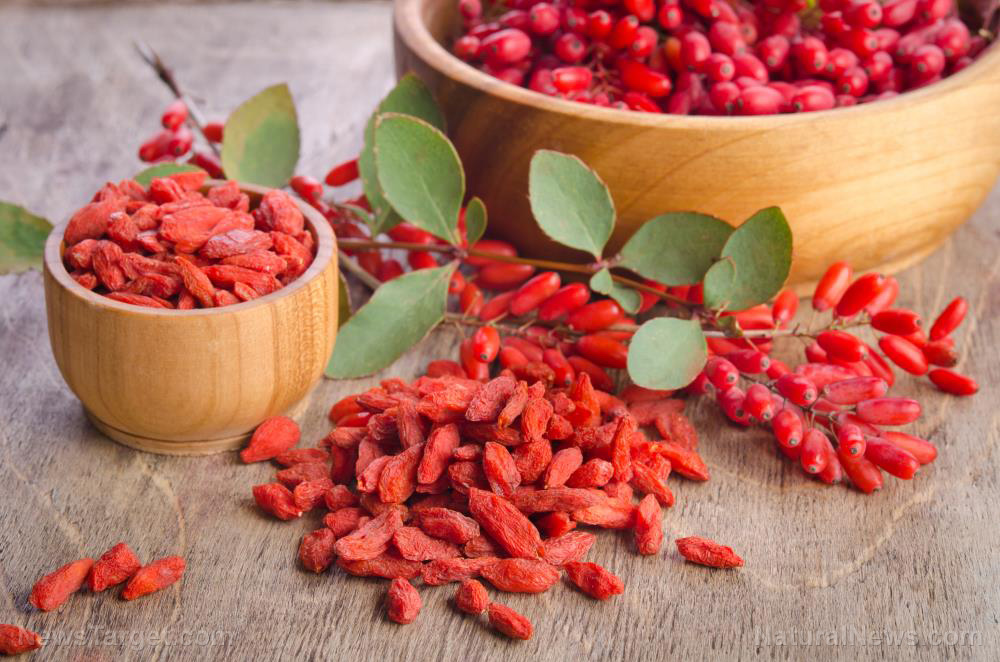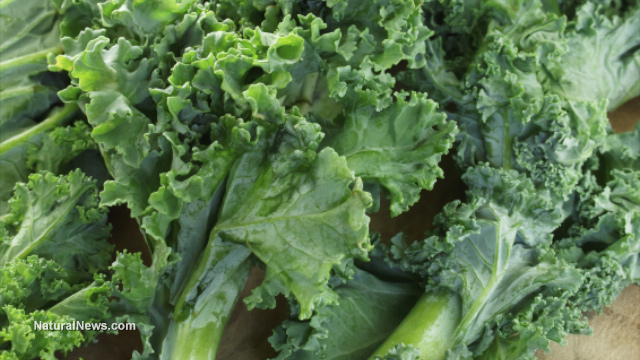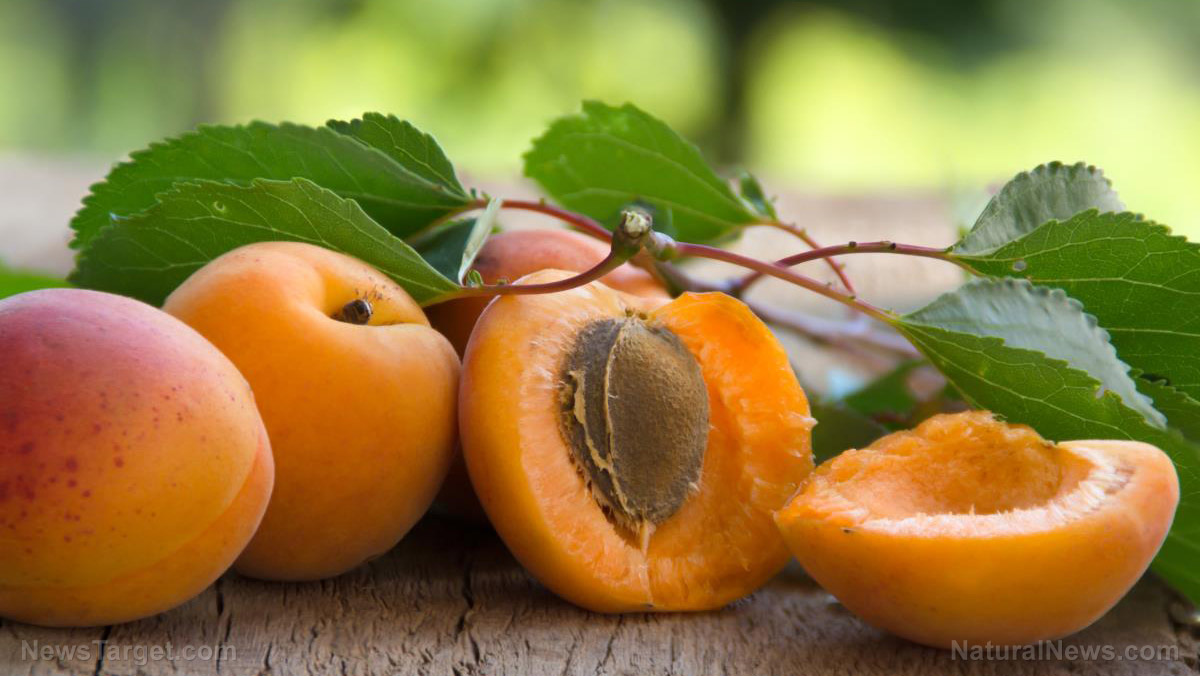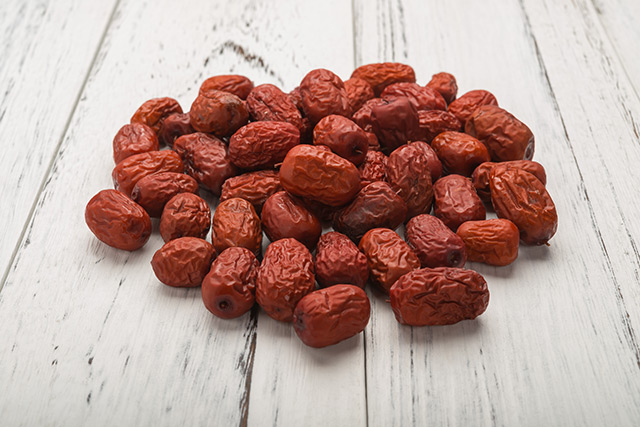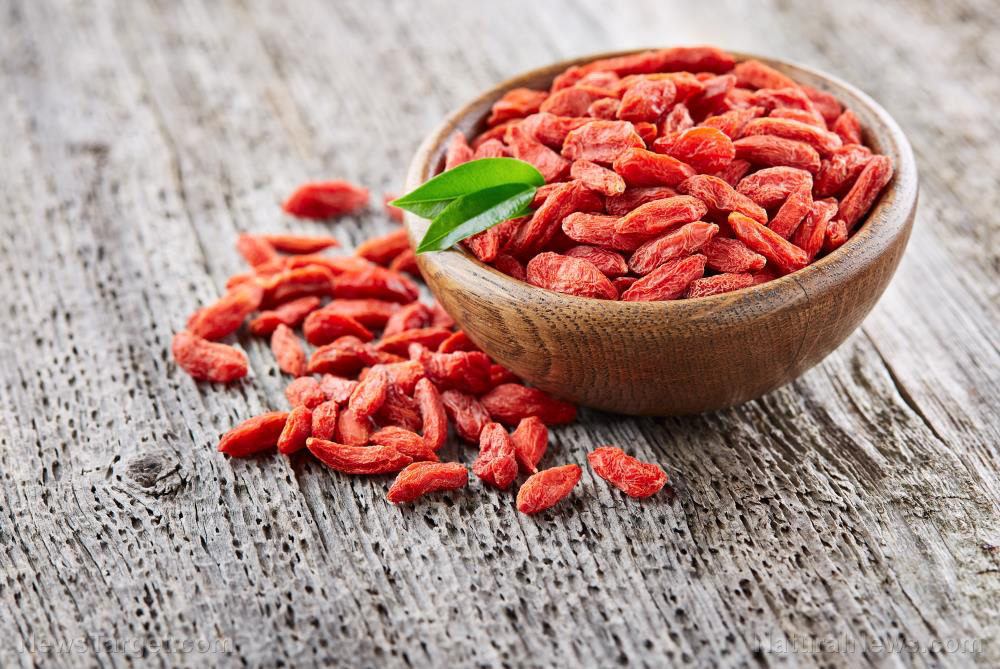Pomegranate extracts found to fight cancer at EVERY turn
09/27/2018 / By Isabelle Z.

It’s often said that natural foods with the deepest and most vibrant colors are the most nutritious, and it’s easy to think of good examples. From the emerald green leaves of spinach to the cheerful tone of yellow peppers and deep purple of blueberries, the rule serves us well in identifying superfoods. However, it’s the often-overlooked pomegranate, with its deep red-purple shade, that is one of the healthiest fruits of all, and it’s been getting a lot of attention lately for one benefit in particular: its ability to fight cancer.
As the CDC predicts that new cancer cases are set to rise by 24 percent among men and 21 percent among women, it has never been more pressing to take a closer look at the potential of gifts from nature like pomegranate to help fight the disease. After all, current treatments like chemotherapy and radiation aren’t exactly a roaring success.
What is so remarkable about the way that pomegranate fights cancer is its multi-pronged approach. Although it’s very helpful to consume foods that are antioxidants or have anti-inflammatory properties, pomegranate has all the bases covered and seems to have a trick up its sleeve for every eventuality.
First of all, pomegranate extract fights cancer by protecting against the DNA mutations that lead to cancer. It releases a protective enzyme known as paraoxonase-1 that blocks inflammation and oxidative stress that can later contribute to these DNA mutations.
Should a DNA mutation occur anyway, pomegranate actually enacts a back-up plan. It interferes with the replication of cancer cells, causes mutated cells to die, and stops the growth of the blood vessels that tumors rely on for sustenance. When malignant masses develop, the extract can stop them from invading local tissues and metastasizing in other parts of the body. At the same time, it also fights the inflammation that promotes cancer.
Impressive research findings back pomegranate’s cancer-fighting power
Studies on animals have shown that extract of pomegranate can reduce the number of lung cancer tumors by up to two thirds. In one study, the researchers noted that cell proliferation, invasion and migration were all inhibited thanks to the extract. Their findings prompted them to label pomegranate as an “effective and safe chemotherapeutic agent.”
In a double-blind, randomized study, researchers discovered that the extract of pomegranate slowed the growth of tumors in prostate cancer patients, while many also saw markers for cancer progression drop.
Meanwhile, a study that was published in Clinical Cancer Research found that the juice slowed the PSA doubling rate – a measurement of how quickly cancer is progressing – significantly, going from 54 months to 15 months. A different study found that the extract of the peel and seed of the fruit inhibited breast cancer cell growth by more than 80 percent.
Start eating more pomegranates today for better health
If this news has you headed out to the market to look for some pomegranates, keep in mind that those that feel heavier for their size tend to have the most juice. The fruit’s seeds, which are also known as arils, are full of nutrients like zinc, calcium, puninic acid, and selenium. You can eat them raw, which is the best way to get their health benefits, or you can juice them.
Although the fruit is usually on the sweet side, some people aren’t fond of its flavor. If you don’t enjoy eating them on their own, consider adding pomegranate seeds to your salad or yogurt for a significant nutrition boost.
Sources for this article include:
Tagged Under: anticancer, antioxidants, cancer, cancer treatment, food is medicine, fruits, pomegranate, pomegranate extract, Pomegranate seeds, supplements

